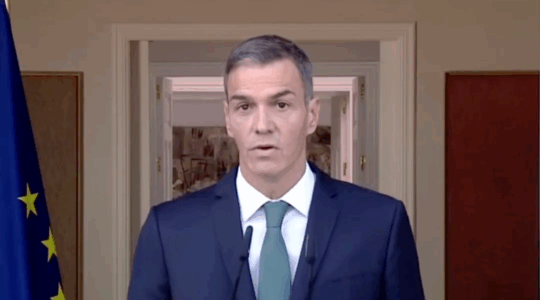LONDON (JTA) — Legislators from 42 countries signed a declaration recommending a series of strategies to tackle global anti-Semitism.
In a declaration released Tuesday, at the end of the first ever interparliamentary summit on anti-Semitism, more than 100 lawmakers called on their governments “never again to allow the institutions of the international community to be abused for the purposes of trying to establish any legitimacy for anti-Semitism.”
They also decried the 2001 U.N. World Conference Against Racism in Durban, South Africa, where the focus on Israel to the exclusion of all other issues was widely perceived as anti-Semitic. A successor conference in Geneva is planned for April.
The summit ended several days after the Obama administration announced that the United States would send a delegation to a Geneva pre-conference before deciding if it will attend the conference, known as Durban II, in Switzerland.
The declaration calls for the European Union Council of Ministers to address the issue of combating anti-Semitism; exposing and isolating governments and individual politicians who engage in hate against the Jews; and establishing an international task force of Internet specialists to measure racism and anti-Semitism online and propose international responses.
Abraham Foxman, national director of the Anti-Defamation League, told JTA that the Internet presents a new challenge, enabling the transmission of hate propaganda in seconds to people all over the world.
Former Canadian Attorney General Irwin Kotler, a member of the summit’s steering committee, said “There is a new sophisticated, globalizing, virulent and even lethal anti-Semitism, reminiscent of the atmospherics of the ’30s, and without parallel or precedent since the end of the Second World War.”
Speaking as the declaration was published, British lawmaker John Mann, chair of the Parliamentary Committee Against Anti-Semitism and host of the conference, told the assemblage that “The Internet, the globalization of the media, a resurgence of the extreme right and an anti-Zionist hard left have combined to create a febrile environment in which the spread of old and new anti-Semitic theories and attitudes have been able to gain traction with alarming ease. The Durban conference was amongst the manifestations of this trend.
“Anti-Semitism is a touchstone for other ills within wider society and unless we move to address its spread now, and as a matter of the utmost urgency, we will all pay a heavy price,” he said.
The delegates agreed to continue coordinating their work and to meet again, using the same format, in two years in Canada.
JTA has documented Jewish history in real-time for over a century. Keep our journalism strong by joining us in supporting independent, award-winning reporting.





